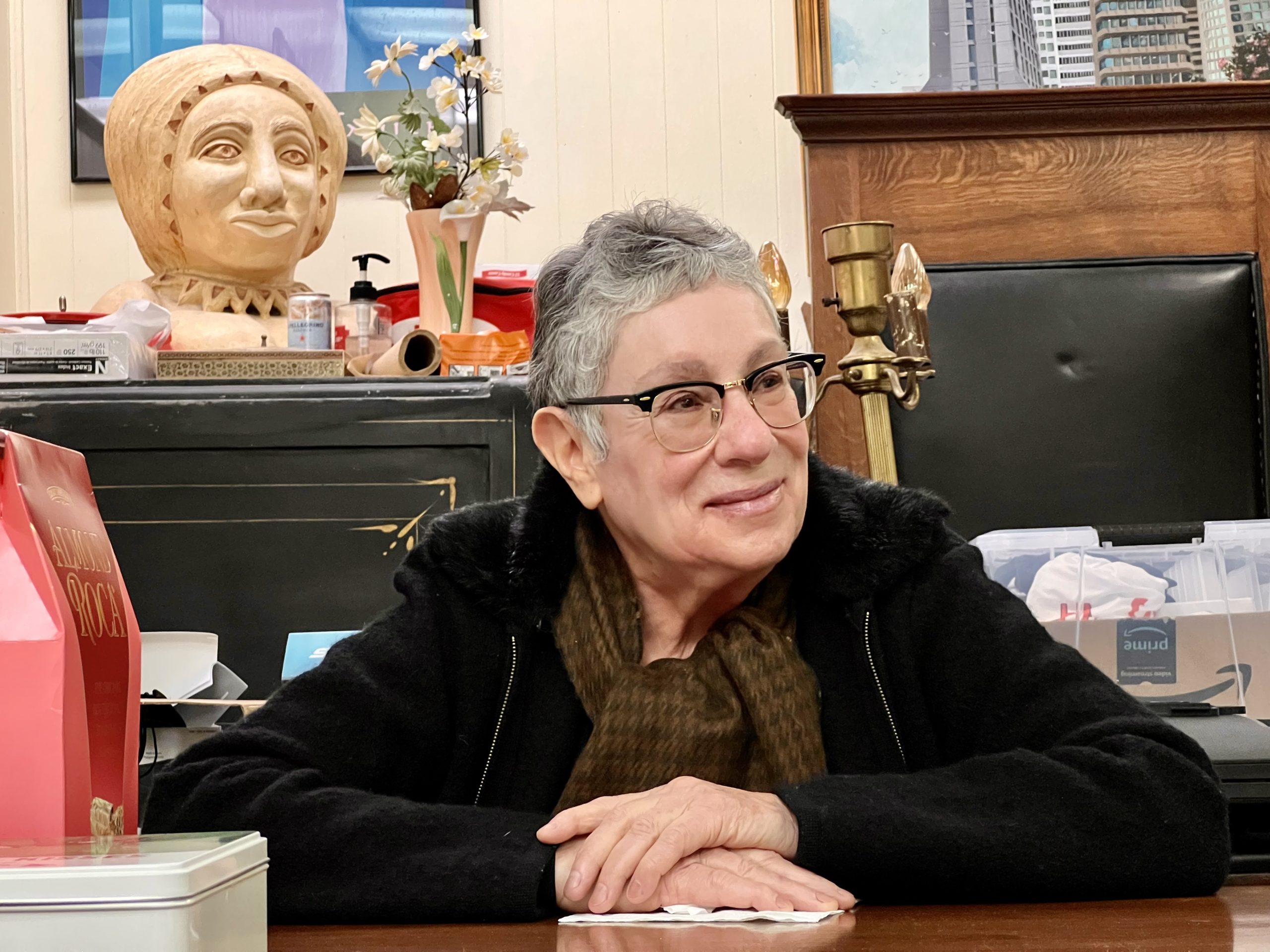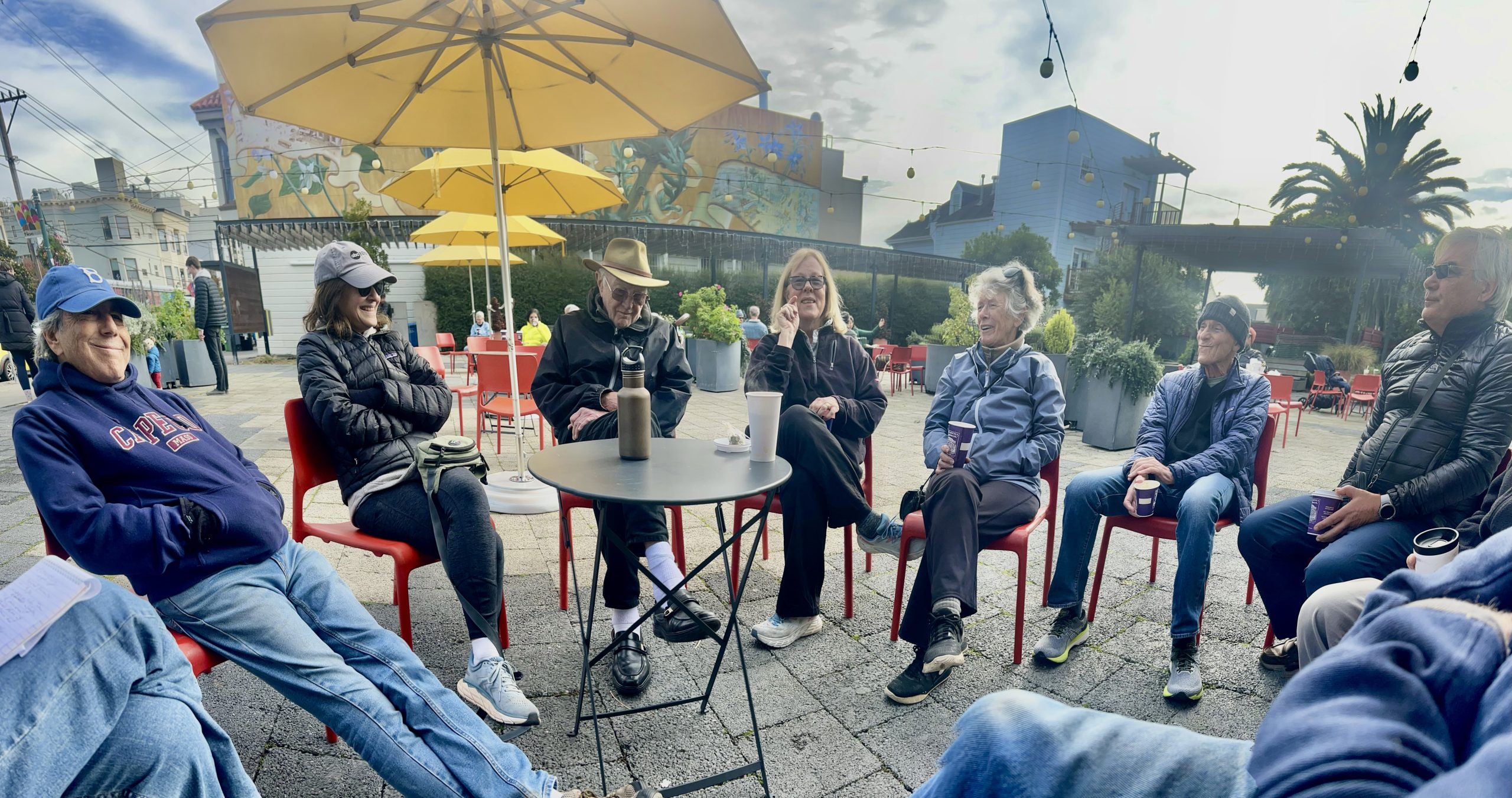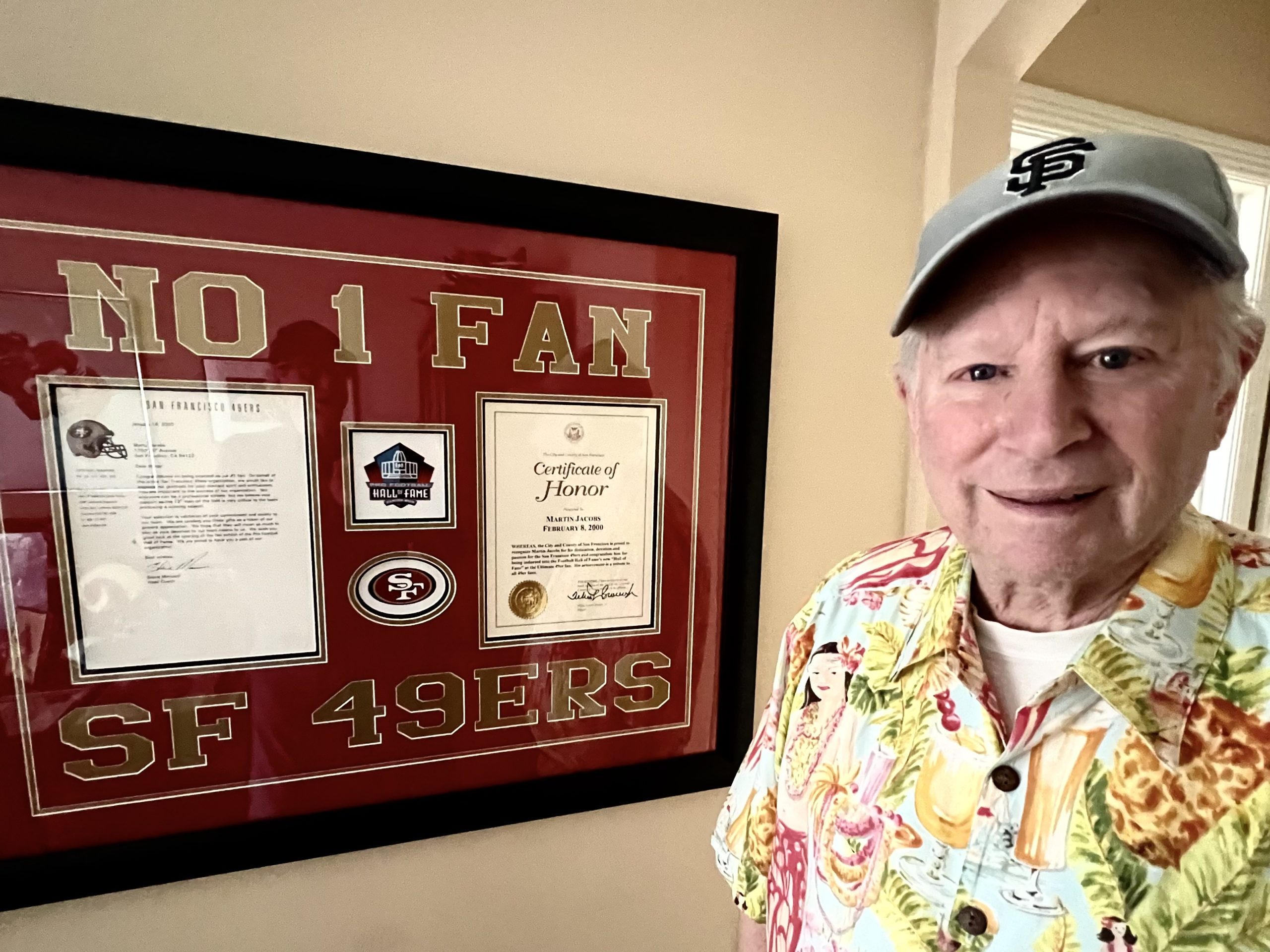Child of WWII Germany chooses economics study as a way to learn about and contribute to society
Education, formal and informal – was the air, bread, and water of Hartmut Fischer’s reality from the age four – in a farming village where higher education was dismissed as valueless.
“I was the only one in a community of 60 children to reach higher,” he said. For the sons and daughters of the area’s farmer, factory worker, crafts, and refugee families, only grade school was compulsory.
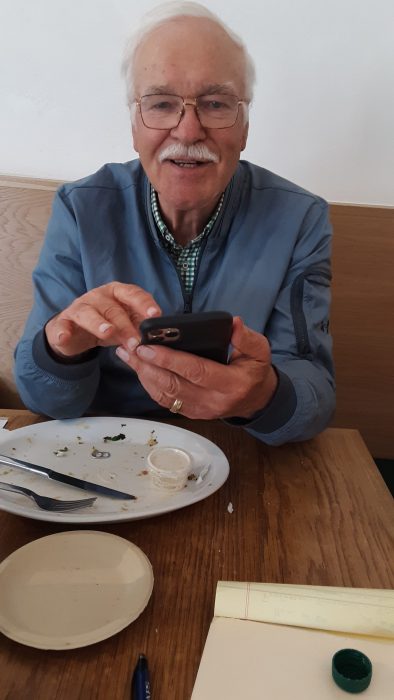
His father, a teacher at the grade school he attended, prodded him to do his homework and study hard. He was transferred to “gymnasium,” the most advanced schools in Germany’s education system, in a nearby town. He was there six years, and then spend another three studying in another town. He graduated with the German Abitur, the secondary education qualification that allowed him to study at any German university.
For over 40 years, Fischer taught economics at the University of San Francisco; he is now a Professor Emeritus. That’s the mainstay of his professional life as well as a catalyst for many opportunities, including a prestigious position on the world stage.
Taking a three-year leave of absence from USF, he accepted the call to join the president of Kazakhstan, which had just broken from the Soviet Union, to prepare the country to become a market economy. He took his wife and two sonson the mission he would call one of his proudest accomplishments.
As executive director and president of the Kazakhstan Institute of Management and Strategic Research from 1994 to 1997,” he hired educators from all over the globe to teach law, foreign service, journalism, business administration, public administration and economics.
Raised under communism, very few citizens spoke English or had exposure to a system of private property. “Not many people even knew how business worked,” Fischer said.
Witnessing war’s end
Fischer was born in January 1941 in Northern Bavaria, Germany, as a world war promised to consume the globe. He was still a child when it ended but remembers the day clearly. “There was a huge noise; I looked out — there were white bedsheets, surrender flags, hanging out of every window. Columns of tanks trudging up the road.”
Germany was divided into zones amongst the Allies. His family – parents, a younger brother and two sisters – lived in the French occupation zone. “We were not mistreated,” he said. “We were protected because a French officer commandeered our home; it was his headquarters.”
But his father, conscripted into the Nazi Party in 1939, could not come home, Fischer said. “If he did, he possibly would be sent off to the French Foreign Legion or something like that.”
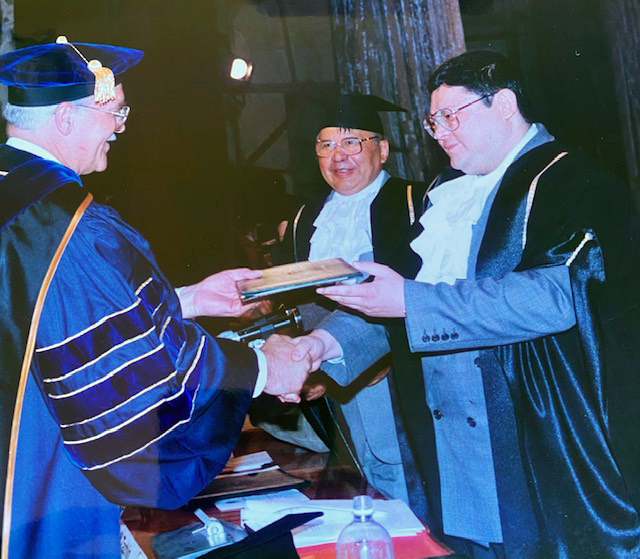
The family was now working to supplement the lost income. “We did beekeeping and gardening. We worked with farmers, caring for their animals. After the wheat harvest, we collected leftovers to make flour, which my mother used to bake bread in a communal baking house. There was no car; everything was transported in simple carriages.”
Eventually the Americans occupied the zone. “I loved the American soldiers,” he said. “They would give us candy, gum; we could play and climb into their vehicles.”
And his father was able to return home. “He survived, unharmed. I asked. ‘How so?’ He answered, `I was in communications and was working with the Enigma machine, so I was always taken to secure places.’ “
Friendships across The Wall
After completing his secondary education, Fischer studied at a university in Tubingen, then at the Technical University in Berlin. Subsequently, he did a six-month technical apprenticeship at Mercedes Benz and an internship at IBM Germany, where he learned about computers and data processing.
He then enrolled at the University of Cologne, a renowned center for economic studies. “I became a devoted student, got involved in the student Christian community.” Later, as director of the international student friendship organization in the western sector, he was able to cross over the Berlin Wall to coordinate activities with members in socialist East Germany.
His first big trip abroad was to Argentina, where he built friendships with American students and developed a plan to get to America. He also had met John Kennedy in 1963 at a reception in Cologne during the president’s tour of the country, during which he gave his famous “Ich bin ein Berliner” speech.”
Through a one-year, German-sponsored scholarship, Fischer became an undergraduate visiting student in economics at the University of California-Berkeley. He excelled and was admitted to graduate courses. He was able to support himself with a little help from home, a free room as head of his dormitory residence and working weekends as a gardener.
By the early ’70s, Fischer was an assistant professor at the University of San Francisco. While auditing a statistics class at UC-Berkeley, he met Anne Harvey and married her in 1973 – 48 years ago. They made sure their two sons, now professionals in economics and medicine, had multilingual and multicultural experiences. They have traveled to more than 50 countries.
Touring the wreckage
In the late ’80s, Fischer befriended a like-minded colleague, David Harnett, dean of Arts and Science. Together they founded a local association of the Erasmus Programme, a European Union exchange program of students focused on history, economics, and politics. “We moved our offices into the dedicated student dormitory to be close to the students,” he said. “This program still exists today.”
World travel is a program component. In the summer of 1991, Fischer led students on a trip throughout Eastern Europe and part of the Soviet Union. It was just months before the collapse of the Soviet Union into 15 separate countries, and its accompanying battles and chaos.
“It was a great adventure into the deepest depression of the Soviet Empire, tough to find good food and water,” he said. “We all lost weight, but we made it.” At the end, the students were totally happy to leave, he said, but he wanted to travel through Central Asia. “They couldn’t believe that I wanted to stay longer. They could read the deep depression on the faces of the people living in the cities we visited.”
But her returned with the students and joined in a San Francisco campaign to send care packages to the struggling residents of the former USSR. Remembering the ravages of war in his youth and the care packages from the United States, Fischer wanted to “pay it forward.”
“I and many others worked with the local churches in an ecumenical council. In coordination with the Soviet Consulate, I was in charge of the warehouse distribution in Moscow and Almaty, the largest city in Kazakhstan. “We were unsure if there was going to be a sufficient supply,” he recalled. “We were not disappointed.”
Paying it forward
He’s still paying it forward today. “I work every Saturday at the Food Bank Distribution Center at my church.”

He also serves on the steering committees of the San Francisco Economic Round Table and the Fulbright International Scholars program. And he is still teaching but without remuneration. “I taught a class via Zoom with another professor from Germany to students in Kazakhstan and South Korea
He keeps in good shape with exercise, healthy with good eating habits and happy by cultivating loving relationships with family and friends. “I meet with good friends at a coffee shop about four times a week, and my wife and friends take frequent hikes in Presidio Park,” he said, adding that they have a beautiful home in Cow Hollow.
From his earliest years, Fischer was a gifted student who could pursue any field of study — why economics?
“Economics, in my point of view, is the vehicle to learn and ultimately know what’s going on in society,” he said. “And I want to contribute, and I can do it in this way.”



